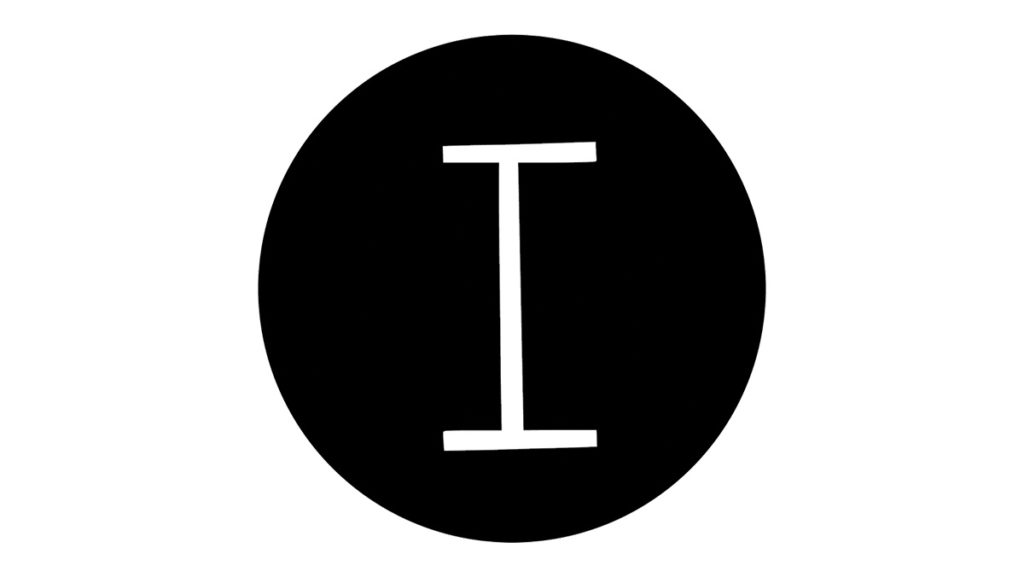This past summer, Ithaca College began offering credit-bearing courses at Elmira Correctional Facility — a maximum-security prison for men — located in Elmira, New York. The course offerings are a part of the college’s two-year partnership with the Cornell University Prison Education Program, which aims to provide high–quality higher education to inmates in New York state.
For the duration of the partnership, the college will offer one course at the correctional facility every spring, summer and fall term. The credits earned in these courses are eligible for transfer, and inmates can use them to attain associate’s degrees from Corning Community College.
The program promotes the idea that institutions of higher education, and the communities within those institutions, should continually use their privilege and resources to bring knowledge and power to those systematically disenfranchised. The college’s collaboration with the Cornell Prison Education Program demonstrates its commitment to educational equity.
Education is one of the primary gateways to social and economic mobility. However, higher education is largely inaccessible to incarcerated individuals, creating significant barriers to social mobility and societal re-entry.
Today, the United States is engaged in a vicious cycle of mass incarceration. Throughout the last several decades, the country has amassed the largest prison population in the entire world. Right now, it totals nearly 2.3 million, according to the Prison Policy Initiative. Mass incarceration, largely influenced by discriminatory policies like the war on drugs, disproportionately imprisons people of color and those from low-income communities who already face significant societal barriers.
Prison education programs offer a crucial opportunity for institutions of higher education to help actively combat these barriers and provide opportunities for incarcerated individuals to smoothly transition back into society. Accessible education, particularly within prisons, has the power to transform intellectual development and the circumstances of formerly incarcerated individuals in society today.
Education also reduces the likelihood of reoffending by 60%, according to the Cornell Prison Education Program. It increases their potential for employment opportunities and provides them with critical thinking skills that will help keep them out of correctional facilities.
Despite the widespread benefits of prison education programs, there is little to no funding for these programs in New York state. This makes it crucial that private educational institutions, like Ithaca College and Cornell University, continue to use their own power, privilege and resources to pursue educational equity.
Programs like the Cornell Prison Education Program are a crucial starting point for helping to bridge the gap within higher education and societal inequity. Not only do they help sway existing racial and economic power structures, but they also help provide incarcerated individuals a sense of purpose and identity as they exist in a system that often deprives them of both.
As college community members continue to reap the benefits of higher education, it is important that they remain conscious of the widespread lack of educational equity and make efforts to engage in the spread of knowledge and power across all institutions.














